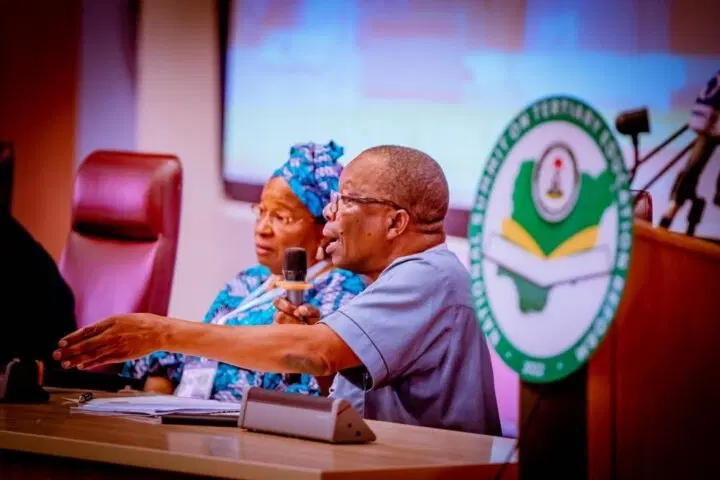The University of Ibadan Chapter of the Academic Staff Union of Universities (ASUU) has expressed deep concern over the increasing hardships experienced by public university workers in Nigeria, describing the situation as increasingly unbearable.
In a statement released yesterday, the chapter’s chairman, Professor Ayoola Akinwole, emphasized that the union has been patient in allowing the government time to address these pressing issues. However, he criticized the federal government’s lackadaisical response, especially as another 14-day ultimatum approaches its end. He urged the government to fulfill the union’s demands to maintain relative peace across university campuses nationwide.
Dire Consequences of Current Situation
Professor Akinwole highlighted the alarming consequences stemming from the current conditions, noting that many lecturers have left the country, while others have succumbed to financial hardships. He remarked, “Those who remain are often burdened with debt, struggling to survive, and many have resigned to pursue jobs in the private sector.”
Reflecting on Nigeria’s 64 years of independence, he lamented the decline in both the educational sector and the state of the nation, attributing these issues to the diminishing quality of political leadership. He criticized political leaders at all levels for their inadequate responses to workers’ requests, particularly in the education sector, stating, “The government has claimed it lacks the resources to meet our demands.”
Call for Investment in Education
Professor Akinwole asserted that Nigeria’s numerous problems stem from neglecting the educational sector. He maintained that without adequate funding, improved welfare packages for lecturers, and a conducive working environment, the university system would be unable to fulfill its mandates.
In his message to President Bola Tinubu, the ASUU chairman urged the president to move beyond the rhetoric of being a “have-not” and to take decisive action to resolve the outstanding issues raised by the union. He called for increased investment in education, enhanced remuneration for academics, and a comprehensive approach to addressing the country’s economic crisis.
Warning of Escalating Insecurity
Professor Akinwole warned that if the ongoing hardships are not addressed, Nigeria could face escalating multidimensional insecurity. He expressed particular concern that, despite the economic challenges, the government is prioritizing expenditures on luxury items, such as new presidential jets and vehicles.
He pointed out the declining quality of life for ordinary Nigerians, noting the widening gap between the rich and the poor. He stated, “The rich continue to accumulate wealth while the poor grow poorer. The middle class has been effectively eliminated by the burden of an increasing number of dependents, as the government focuses on palliatives instead of empowering the impoverished.”
Urgent Action Required
In conclusion, Professor Akinwole emphasized that failure to address these critical issues could lead to severe consequences, including food insecurity and pervasive poverty, which could spiral into greater social unrest. He criticized the government’s spending priorities, arguing that a fraction of the funds allocated for luxury items could significantly alleviate the problems afflicting the education sector and lay the groundwork for Nigeria’s economic growth.

